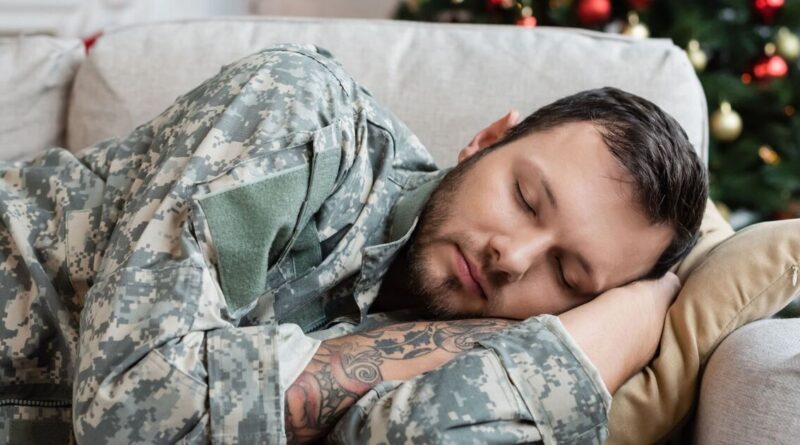Popular drink is often the culprit behind sleep problems
You’re probably aware that consuming coffee and other energy-boosting beverages before bedtime is not a good idea. But there’s another often-overlooked drink that could be disrupting your sleep more than you think.
Neuroscientist Rachel Barr has taken to TikTok (@drrachelbarr) to shed light on this drink, explaining that it binds to ‘GABA-A receptors’ in the brain, which act as off-switches for cells. Initially, this can cause ‘acute effects’ such as relaxation and reduced anxiety, but eventually, it may give rise to anxiety and insomnia issues.
She explained: “[When] you’re drinking alcohol, essentially what you’re doing is your pushing the off-switch on large groups of brain cells. And that’s why we see those acute effects of like stupidity, reduced anxiety, relaxation.
“The trouble is, if you’re drinking a lot of alcohol over a long period, the brain will try to compensate and it will do that by removing the number of off-switches there are in the brain, or reducing the number of GABA-A receptors there are.
“That means that when you’re not drinking alcohol, the level of activity in all of your brain cells is above baseline because, of course, now you’ve reduced all the off-switches, it’s more likely to be on.” In extreme cases, this heightened brain cell activity can even trigger a seizure.
This is especially common in alcoholics who ‘go turkey’, according to Rachel. She went on: “And, even in less extreme examples, that being above baseline level of brain activity, can lead to things like anxiety, insomnia, things like that.”
However, Rachel isn’t the only one raising the alarm about the effects of alcohol on our well-being, with sleep expert Rosey Davidson, at Just Chill Baby Sleep, also drawing attention to its less positive impacts. Speaking in an exclusive interview, she told the Express that it may ‘suppress REM sleep’, which plays an important role in memory, emotional regulation and learning.
She said: “While many people believe it helps them relax and fall asleep more easily, alcohol actually disrupts the natural sleep cycle. In the first half of the night, alcohol increases deep sleep – slow-wave sleep – but it suppresses REM sleep—the stage responsible for emotional regulation, memory, and learning. As the body metabolises alcohol in the second half of the night, it can lead to sleep fragmentation, causing frequent awakenings, lighter sleep stages, and even early morning waking.
“Alcohol also reduces overall sleep quality by affecting the brain’s production of melatonin, the hormone responsible for regulating our sleep-wake cycle.”
With Christmas fast approaching, these insights might give some pause before reaching for traditional festive beverages like eggnog, mulled wine, and brandy.
While this is perfectly fine in moderation, Rosey encouraged celebrators to follow a few key tips. She went on: “Designate certain nights each week as alcohol-free, particularly those closest to when you need high-quality sleep. Follow the ‘one drink, one water’ rule: For every alcoholic drink, alternate with a glass of water.
“This helps reduce overall consumption and keeps you hydrated. Stop drinking early. Try to have your last drink at least three to four hours before bed to minimize sleep disruptions. Prioritise sleep hygiene. Create a calming pre-bed routine, avoid heavy meals and caffeine late in the evening, and dim the lights to encourage melatonin production.”
Later, she also stressed: “One of the biggest misconceptions is that alcohol is a solution for stress or poor sleep, especially during the festive season when schedules are busier and stress levels rise. While it might feel like a short-term fix, it creates long-term problems, perpetuating poor sleep and impacting mental health.
“For those concerned about their drinking habits, it’s helpful to track how alcohol affects their sleep by journaling or using sleep trackers. Awareness can be a powerful motivator to make healthier choices.”
The NHS recommends drinking no more than 14 units of alcohol per week spread across three or more days. In context, that’s approximately six medium glasses of wine or six pints of beer. Its advice adds: “The number of units in a drink is based on the size of the drink, as well as its alcohol strength.
“For example, a pint of strong lager contains three units of alcohol, whereas the same volume of lower-strength lager has just over two units. Knowing your units will help you stay in control of your drinking.”




